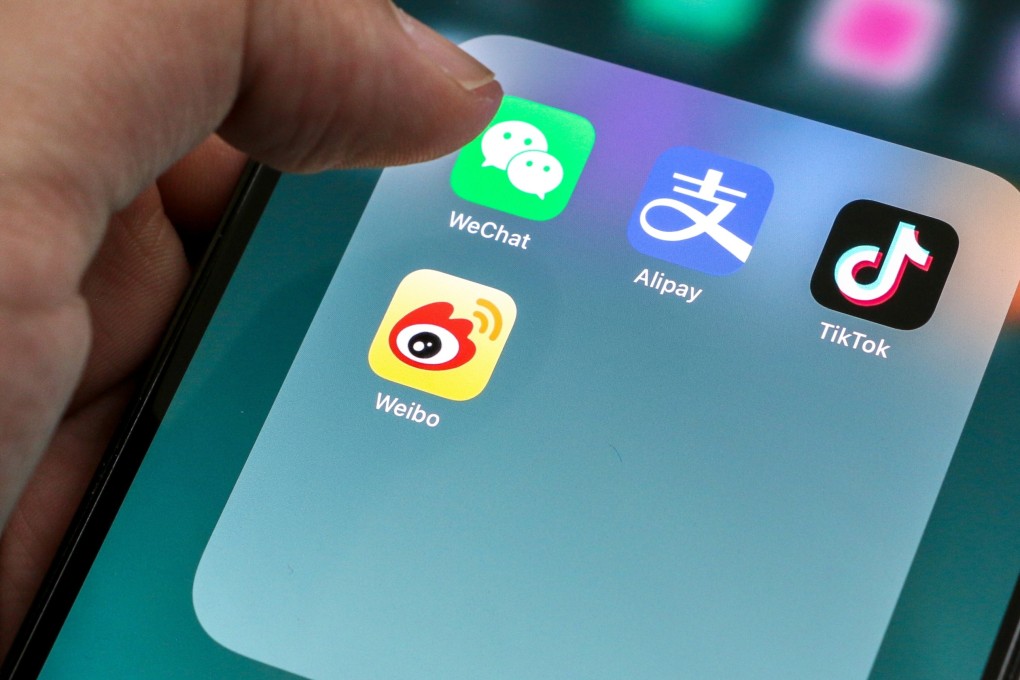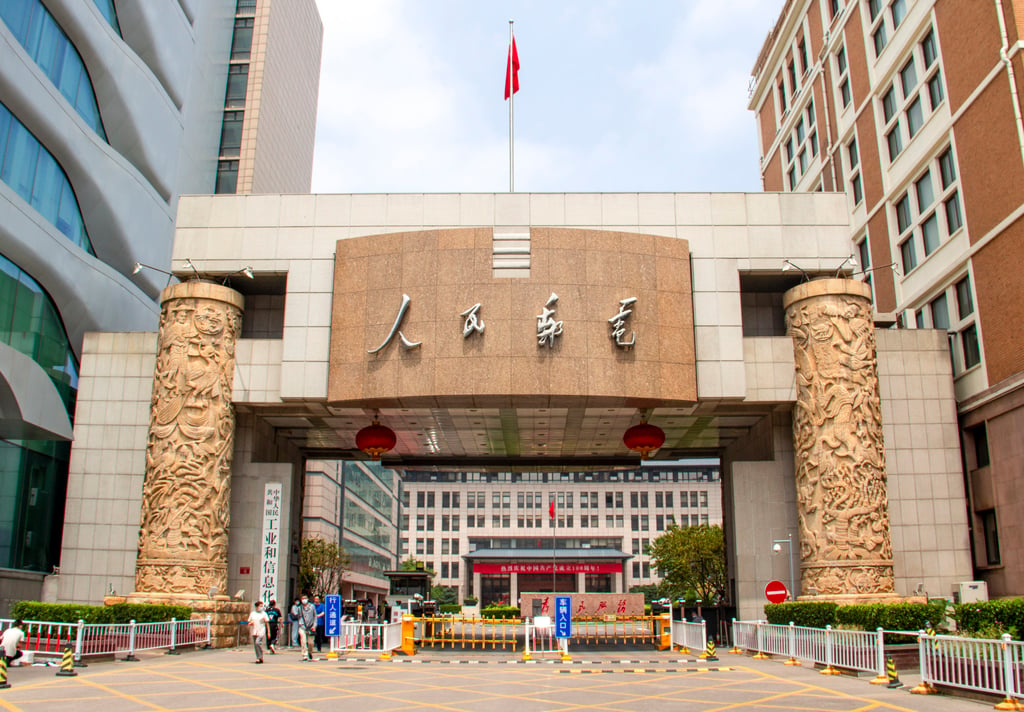Advertisement
China’s small independent developers see local innovation being stifled by Beijing’s new app registration rule
- The Ministry of Industry and Information Technology requires all mobile app providers to submit their business details to the government or face punishment
- It indicated that the new filing process aims to clamp down on rampant scams online
Reading Time:3 minutes
Why you can trust SCMP
2

Ben Jiangin Beijing
The latest ruling from Beijing that requires all mobile app providers to submit their business details to the government has raised concerns at some independent Chinese software developers, who expect this move to stifle local innovation and hinder access to advances created overseas.
The Ministry of Industry and Information Technology (MIIT) last Tuesday said in a notice that failure to register during the period from September to March next year will be punished, without elaborating.
“For developers who already have apps released, this is a hurdle that would increase their expenses,” Li An, who runs a five-person app development studio on the mainland, said in an interview on Thursday. “But for small firms still toying with innovative ideas, the filing process would be a great deterrent [in terms of time and cost].”
Advertisement
The MIIT, which indicated that the new regulation aims to clamp down on rampant scams online, said operators of all apps – including mini-programs distributed via so-called super apps like Tencent Holdings’ WeChat and Ant Group’s Alipay – must file a range of information that comprise details about the app and its provider.

The filing process, which could take up to 20 days, would prevent local providers from doing quick launch and rapid iteration, app developer Li said. “This is an important advantage for our software industry,” he added.
Advertisement
Advertisement
Select Voice
Choose your listening speed
Get through articles 2x faster
1.25x
250 WPM
Slow
Average
Fast
1.25x